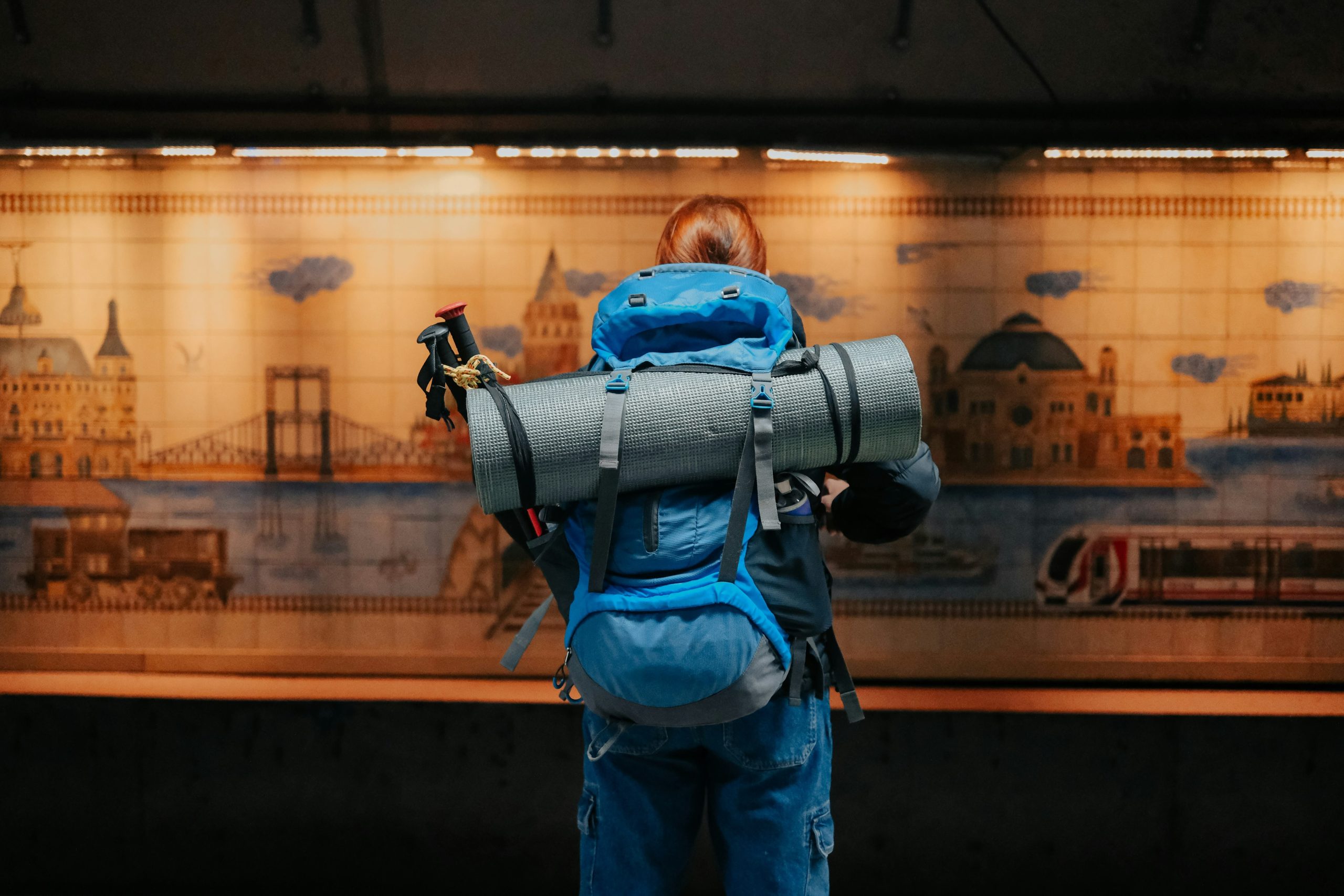Photo By: Hatice Baran
Written By: Traciana Graves, Founder & Editor of Happiness 360®
The Conversation That Never Happened
You know that moment when you’re sitting across from someone in a different country, and you can feel there’s something beautiful happening just beneath the surface of your stilted exchange—but you can’t quite reach it?
You’ve done everything right. You researched. You learned basic phrases. You’re being respectful. And yet you’re left with this nagging sense that you’re still performing “traveler” instead of actually connecting as a human being.
Here’s what no one tells you: The gap isn’t about language skills or cultural knowledge. It’s about which parts of your intelligence you’re actually using.
Most of us travel with only 40% of our available awareness engaged. We’re thinking and feeling our way through experiences while completely ignoring three other forms of intelligence that could transform every encounter.
In my previous piece, How to Turn Your Trips into Transformation, I explored why even sophisticated travelers come home feeling like they missed something essential. The real question isn’t why this happens—it’s how to access what we’ve been leaving on the table.
The Fearless Listening® : Five Intelligence Framework
I developed this approach through years of international performance and my work as a language scholar. Speaking multiple languages revealed something profound: language is an invitation to inhabit sound differently. Each tongue asks you to place vowels and consonants in distinct parts of the body, to breathe and pause according to different rhythms.
This became my entry point into understanding how all intelligences function. If language—seemingly the most cerebral of human activities—is actually embodied, then every cultural encounter asks us to engage far more than our analytical minds.
- Physical Intelligence: Your body processes cultural information before your conscious mind registers it. Spatial relationships, energy patterns, the pace at which people move through their days—these elements vary dramatically across cultures, and your nervous system reads them instantly. The practice is deceptively simple: pause before entering new spaces. Notice how your body responds to a market, a neighborhood, a gathering. Let these physical impressions inform your approach rather than overriding them with preconceived strategies.
- Spiritual Intelligence: Every culture maintains a relationship with something larger than individual concerns—whether expressed through connection to land, reverence for elders, or collective ritual. This intelligence reads what a community actually values, as distinct from what it claims to value. Observe what receives protection or reverence. Notice where people slow down, how they mark transitions, their relationship to time itself. These deeper currents shape every surface interaction.
- Generational Intelligence: Every conversation carries historical sediment. Collective memory, inherited wisdom, the weight of what previous generations endured or achieved—these layers inform present-moment exchanges in ways that pure cultural research cannot capture. Listen for the distinction between what is inherited and what is emerging. How do different generations within the same culture relate to change, to tradition, to their imagined future? This context transforms casual conversation into meaningful dialogue.
- Emotional Intelligence: Most travelers believe they excel at emotional intelligence, when in fact they are simply managing their own comfort levels. True emotional intelligence reads the emotional ecosystem of a place—its particular rhythms of expression, restraint, and connection.
- Strategic Intelligence: This involves using everything you’re learning to guide real-time choices. Rather than adhering to predetermined itineraries, let your observations and felt sense determine your next moves. If invited somewhere, consider it. If a space feels private, honor that boundary.
The Linguistic Gateway
Language offers perhaps the most accessible entry point into this expanded awareness. As someone who has studied how different tongues require distinct physical inhabitation, I can attest that even basic attempts to honor local speech patterns signal something essential: presence over performance.
A greeting attempted in local language, however imperfect, demonstrates willingness to meet people in their sonic landscape rather than insisting they accommodate yours. This small gesture often opens spaces that no amount of cultural research could access.
Where Culture Lives
When operating with full intelligence, you naturally gravitate toward spaces where culture is lived rather than performed. Neighborhood markets with familiar rhythms. Community events that welcome respectful participation. Cafés where the same faces appear daily, creating informal social networks.
These spaces are not hidden—they simply exist outside promotional tourism. A few thoughtful inquiries in local forums or community groups will reveal them. The key is approaching with genuine curiosity rather than extractive intent.
The Question of Exchange
Authentic cultural connection involves reciprocity. This might mean purchasing from local artisans, offering skills when appropriate, or participating in community activities. The goal is mutual enrichment rather than extractive experience.
Such exchanges create what I call “mutual memories”—encounters that matter to both parties, leaving you with the knowledge that your presence contributed something, however modest, to the place that welcomed you.
The Larger Implications
Engaging all five intelligences while crossing cultures develops what I term “conscious cultural fluency”—the capacity to connect authentically across difference while maintaining your own center. This skill extends far beyond travel, informing how you navigate complexity in every domain of life.
When you learn to read what is actually occurring in any situation—rather than projecting familiar patterns onto unfamiliar contexts—you develop the kind of adaptive intelligence that our interconnected world increasingly demands.
The practice requires only this: engage your complete intelligence system rather than defaulting to analytical processing. Sense before strategizing. Listen with your entire being, not merely your cognitive apparatus. Allow yourself to be changed rather than simply collecting experiences.
You May Also Like:

For context on why this matters: Read my companion piece on [why most travelers miss real connection →]
Fearless Listening® forms the foundation of the Happiness 360® ecosystem—designed for self-actualization, aligned leadership, creative living, and conscious connection.























0 Comments for “How to Really Connect and Grow from Your Travels”